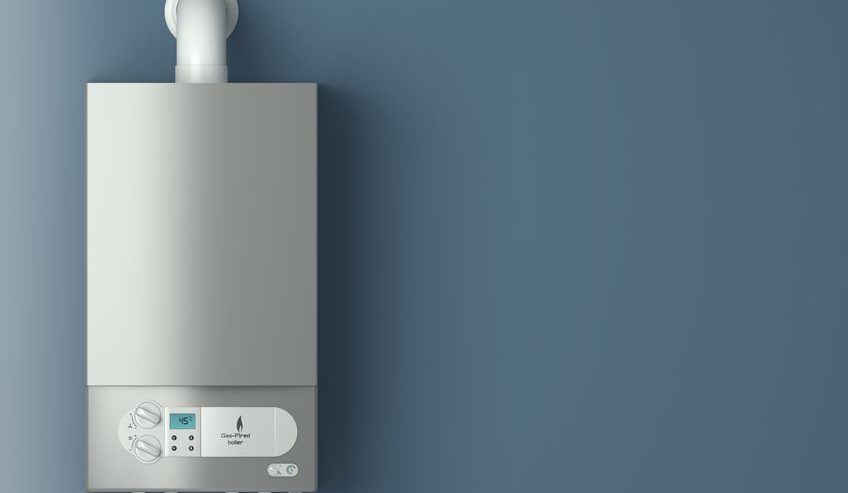Common Ground Source Heat Pump Problems
Ground source pumps, or geothermal heat pumps, are most popular for their efficiency and dependability. These heat pumps use the earth as a heat source during the winter and a heat dump during the summer. Although energy efficient, ground source pumps can sometimes be difficult to maintain, like any other appliance. Here are a few of the common issues and problems that owners of ground source heat pumps often deal with.
DIY Troubleshooting
Although most maintenance and troubleshooting for your ground source heat pump should be performed by a professional, you can still perform some troubleshooting tasks that can help single out the issue, including:
• Check to see if unit is properly plugged in and receiving power
• Check and change out dirty air filters and coils
• Ensure loop pumps are functioning properly
• Check if thermostat is at an appropriate temperature
• Check if heat pump is properly set at heating or cooling
• Check unit for leaks, broken or disconnected wiring and other obvious issues
• Check that water is properly circulating through the heat exchanger
• Make sure there is proper pressure inside of the loop system in which the heat is captured or released
• Look to see if there are any tripped circuit breakers
If none of these troubleshooting options work and your unit is still malfunctioning, you should contact a professional for more extensive technical diagnostic work.
Ground Source Heat Pump Issues and Causes
Here is a list of the problems that you may see with a ground source heat pump and the possible causes of these problems:
• Reduced heating and cooling levels or decreased overall function: This problem could be caused by restricted air flow and it is possible that the air filters need changing.
• Reduced or no cooling: This could be the result of a low refrigerant charge, possible scale inside of the heat exchanger, a constricted metering device, or a faulty reversing valve. To fix this, you may need to reposition the thermostat so it can get a more accurate indoor temperature reading. If not that, the unit may be too small for your home.
• Too Much Indoor Humidity: High humidity in your home could be due to too much airflow or a unit that is too big for your home. Adjusting the fan motor speed may fix this problem.
• Air Temperature Not Warm Enough: Too much airflow within the system can be the cause of this. To help this, consider adjusting the fan speed.
A ground source pump, or geothermal heat pump, may be the right choice for you if you want to save money while heating and cooling your home. Before you decide on this investment, it is important to be mindful of all of the possible issues that come with this appliance. For more information on ground source heat pumps and to find the right heating and cooling options at affordable prices, contact ServiceWhale today.





Comments
Comments are disabled for this post